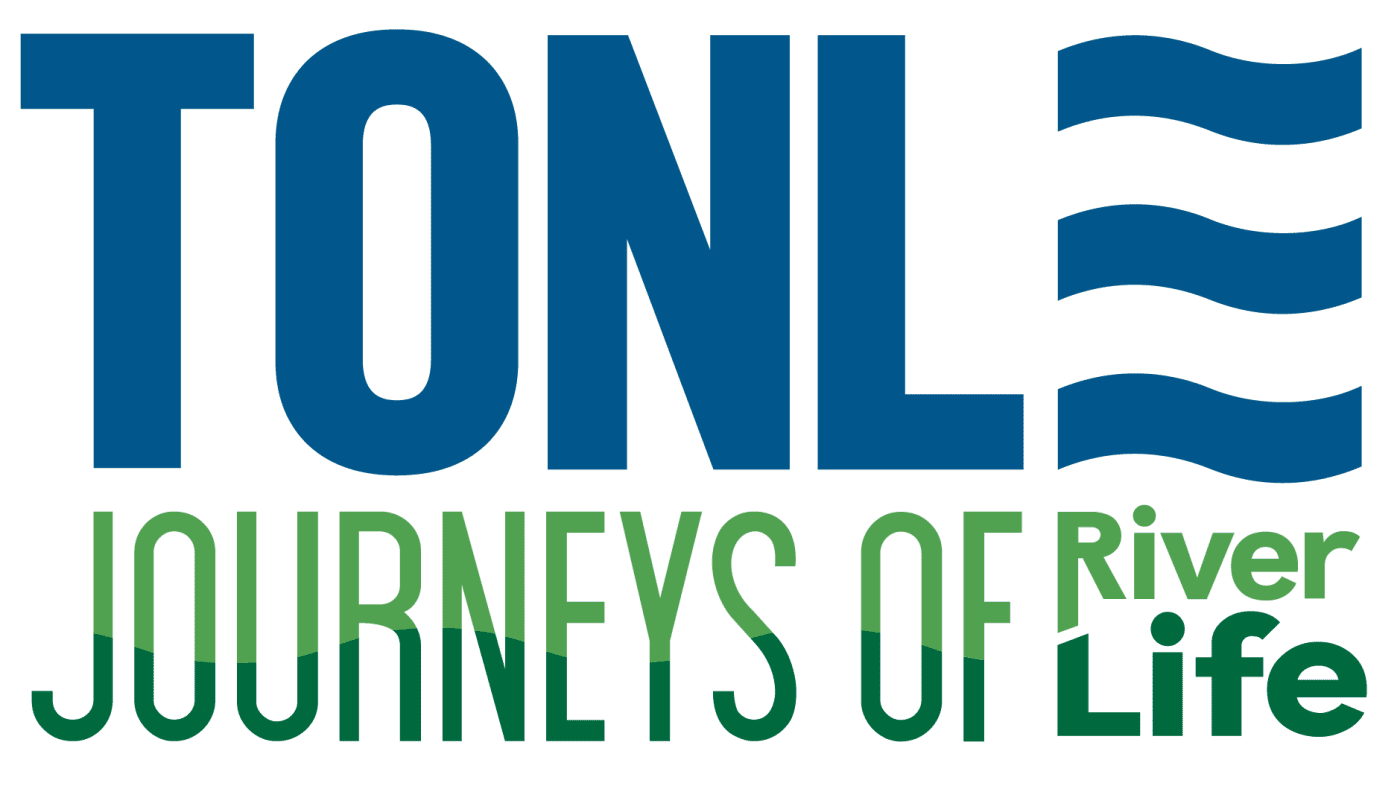The Thai tourism recovery should propel ride-hailing services this year, even during the low season, says Grab Thailand.
Worachat Luxkanalode, country head of Grab Thailand, said normally bookings would drop sharply after a peak period such as Songkran or the high season in December.
However, several tourism incentives and state and private sector promotions, as well as visa-free schemes, had helped maintain a consistent market, said Mr Worachat.
The most popular service for foreigners was ride-hailing, as they contributed half of ride bookings on the platform.
He said foreign tourists tended to opt for more premium car services, with wider space and convenience, yet Thais still chose cheaper options.
Its popularity was followed by food delivery and retail mart. Mr Worachat said a lot of foreign tourists ordered local Thai food to be delivered to their apartment or hotels.
On GrabMart, many foreigners chose Thai products, such as local souvenirs, durians, and elephant-patterned trousers.
During this year’s first quarter, the number of car bookings by foreigners visiting boxing stadiums increased by 150%, compared to the same period last year.
In April, tourists ordered 130% more Thai food on GrabFood, and 100% more local products on GrabMart, compared to April last year.
Mr Worachat said that since most international tourists were independent travellers who spent more and were keen to explore new places, Grab will provide more Thai travel content, multiple language features on the app, as well as artificial intelligence translation tools.
It also integrated other digital payment services used by foreign tourists — Alipay and Kakao Pay — into its platform.
Grab Thailand has already expanded its service across 71 provinces in Thailand, and provides services at major airports such as Suvarnabhumi and Phuket.
Mr Worachat said the company is now in the process of solving the problem of unlicensed cars picking up passengers at Suvarnabhumi Airport.
It is working with the Transport Ministry to accelerate licence applications for personal vehicles hired through electronic systems.
Given the concern over Buy Now Pay Later schemes that help loan sharks and spur household debt, Mr Worachat said it has no plans to launch this type of service for individual retailers.
After testing this kind of scheme two years ago, Grab saw it could lead to non-performing loans.
Its financial services today are focused on lending to restaurants and riders who are registered on its platform.






















